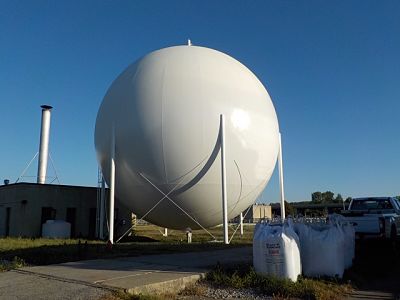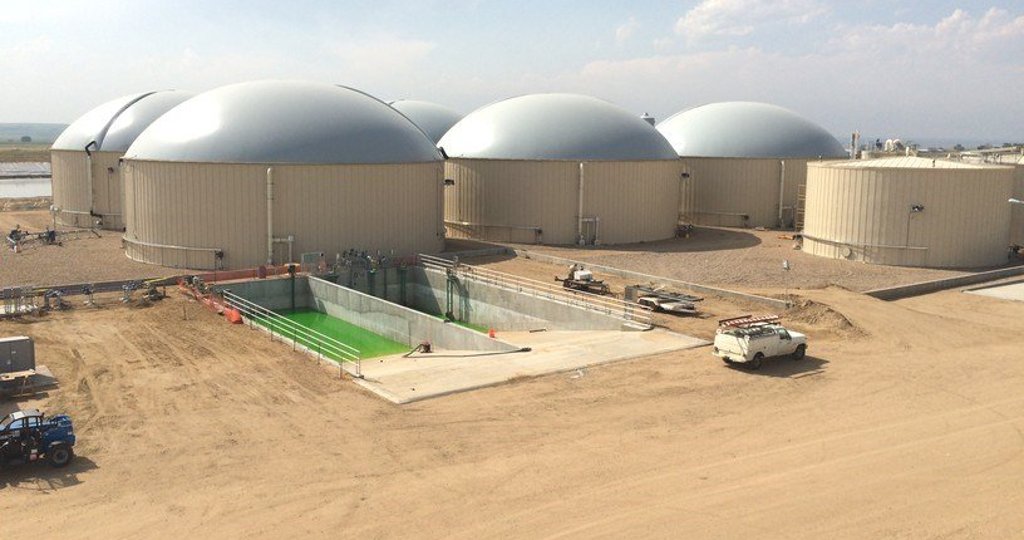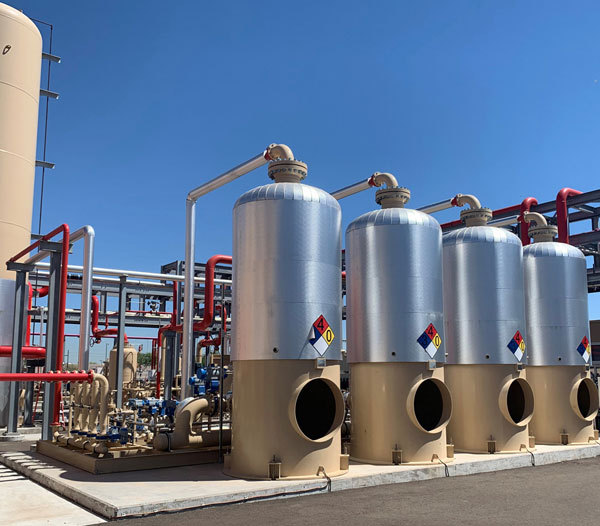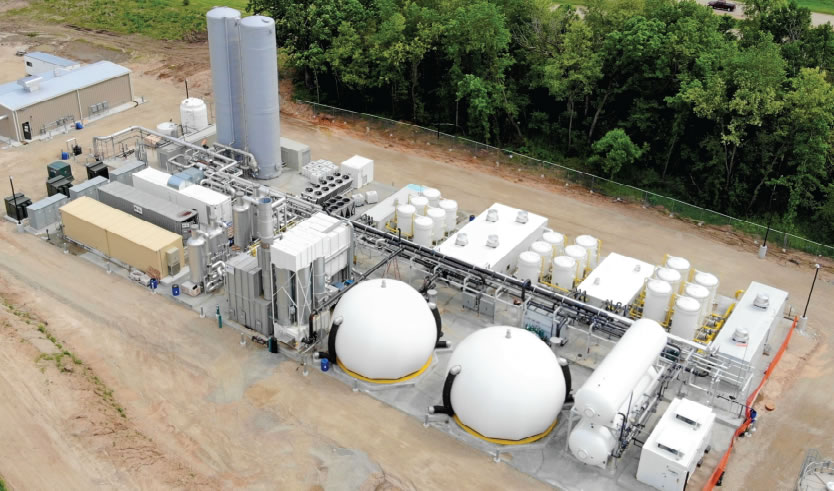
Introduction:
Waste-to-Energy (WtE) in landfills is an innovative approach to waste management that involves capturing and utilizing methane gas produced during the decomposition of organic waste. This article explores the historical background, key concepts, main discussion points, case studies, current trends, challenges, and the future outlook of this technology. By harnessing methane for energy, WtE in landfills offers numerous benefits, making it a critical component of renewable energy and waste management strategies.
Historical Background:
Landfill waste management practices have evolved over time, with increasing recognition of the environmental impact of organic waste decomposition. The discovery of methane gas from landfills sparked interest in its utilization as an energy source. As technological advancements took place, Waste-to-Energy technologies emerged, focusing on harnessing the energy potential of landfill methane.
Key Concepts and Definitions:
Waste-to-Energy in the context of landfills refers to the process of capturing methane gas, a byproduct of anaerobic decomposition, and converting it into usable energy. This concept involves the utilization of landfill gas collection systems to capture methane emissions. Key terms such as anaerobic decomposition, landfill gas, and landfill gas collection systems are defined and explained to provide a comprehensive understanding of this topic.

Main Discussion Points:
Process of Methane Generation in Landfills:
The decomposition of organic waste in landfills leads to the production and release of methane gas. This process occurs under anaerobic conditions, where microorganisms break down organic matter to produce methane. Factors such as waste composition, moisture content, and temperature affect the rate of methane generation in landfills.
Methods of Capturing and Utilizing Methane Gas:
To capture methane gas effectively, various techniques are employed, including gas collection wells and membrane covers. Once captured, methane gas can be converted into energy through processes like combustion or anaerobic digestion. The energy derived from methane can be used for electricity generation, heating, or fuel for vehicles.
Environmental and Economic Benefits of WtE in Landfills:
Waste-to-Energy in landfills offers significant environmental benefits by reducing greenhouse gas emissions. By capturing methane, a potent greenhouse gas, WtE projects mitigate climate change impacts. Additionally, these projects contribute to renewable energy generation, reducing dependence on fossil fuels. Furthermore, WtE in landfills presents economic viability, as the energy produced can be sold to the grid or used on-site, creating revenue streams.

Case Studies:
Real-world examples of successful WtE projects in landfills demonstrate the effectiveness of this technology. These case studies showcase the outcomes, benefits, and challenges faced, providing valuable insights for future projects. The experiences gained from these examples contribute to the continuous improvement of landfill methane utilization.
Current Trends:
Advancements in landfill gas collection and energy conversion technologies have improved the efficiency and effectiveness of WtE in landfills. Ongoing research efforts focus on enhancing the performance of gas collection systems, optimizing energy conversion processes, and exploring new technologies for methane utilization. Additionally, emerging policies and regulations support and encourage WtE in landfills, promoting sustainable waste management practices.

Challenges:
Despite its benefits, WtE in landfills faces challenges. Technical and economic constraints can limit the implementation of these projects. Additionally, differing viewpoints exist regarding the environmental impact and sustainability of WtE in landfills. Debates surrounding waste management practices and their potential impact on communities add to the complexity of this topic.
Future Outlook:
The future implications of WtE in landfills are promising. As societies prioritize sustainability and renewable energy, the growth of landfill methane utilization is expected to increase. Emerging technologies and trends, such as advanced gas collection systems and novel energy conversion methods, will shape the future of WtE in landfills. This technology will play a vital role in the broader context of renewable energy and waste management strategies.
Conclusion:
Waste-to-Energy in landfills offers a sustainable solution for methane capture and renewable energy generation. It has a rich historical background, with continuous advancements and case studies showcasing its efficacy. The environmental and economic benefits, along with the potential for future growth, make WtE in landfills a crucial component of waste management practices. Further exploration and research in this field are encouraged to maximize the potential of capturing methane for energy production.




